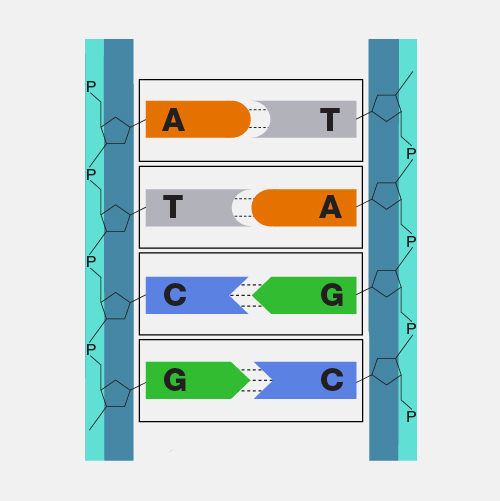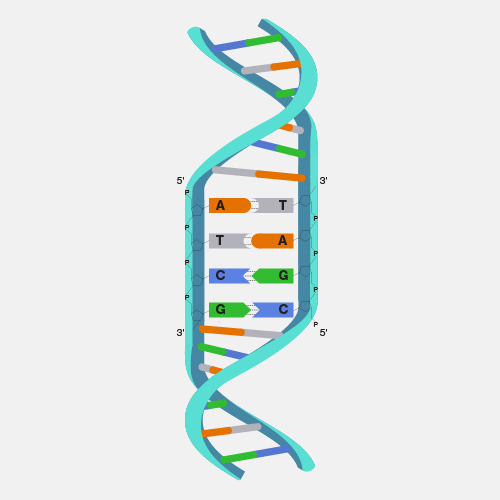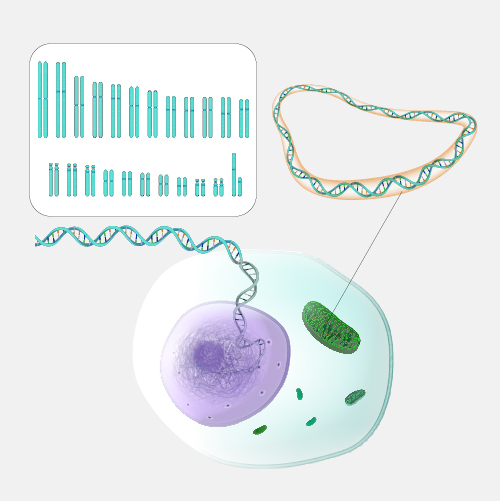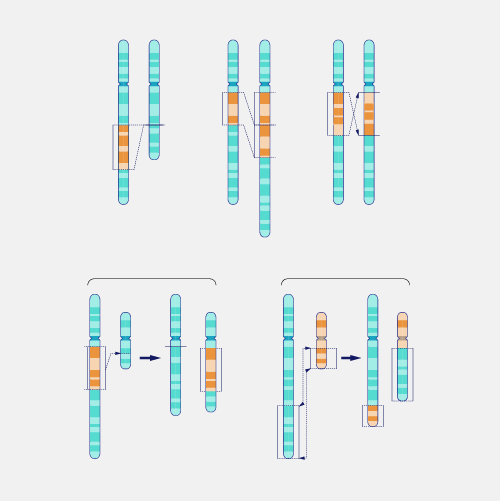
Single Nucleotide Polymorphisms (SNPs)
Definition
A single nucleotide polymorphism (abbreviated SNP, pronounced snip) is a genomic variant at a single base position in the DNA. Scientists study if and how SNPs in a genome influence health, disease, drug response and other traits.

Narration
Single nucleotide polymorphism, or SNP. If you are reading a news story where it says, for example, scientists find the genetic contributors to diabetes or some other condition or trait, you're probably reading about SNPS. A SNP is a one-letter place where your genome varies from another genome sequence. Thanks to the Human Genome Project, we have found that these single letter changes in our genetic code are placed all across our genomes. We can see that the patterns vary between people and even between populations. If we want to identify genetic contributors to a common complex disease like diabetes, we can group together thousands of people who have diabetes and compare their SNP patterns to thousands of people who do not have diabetes. With enough people in our study, we can use the SNPs as markers to see that certain areas of the genome appear to be the same in people who have diabetes, and that tells us where we should look in more detail for a genetic cause.





